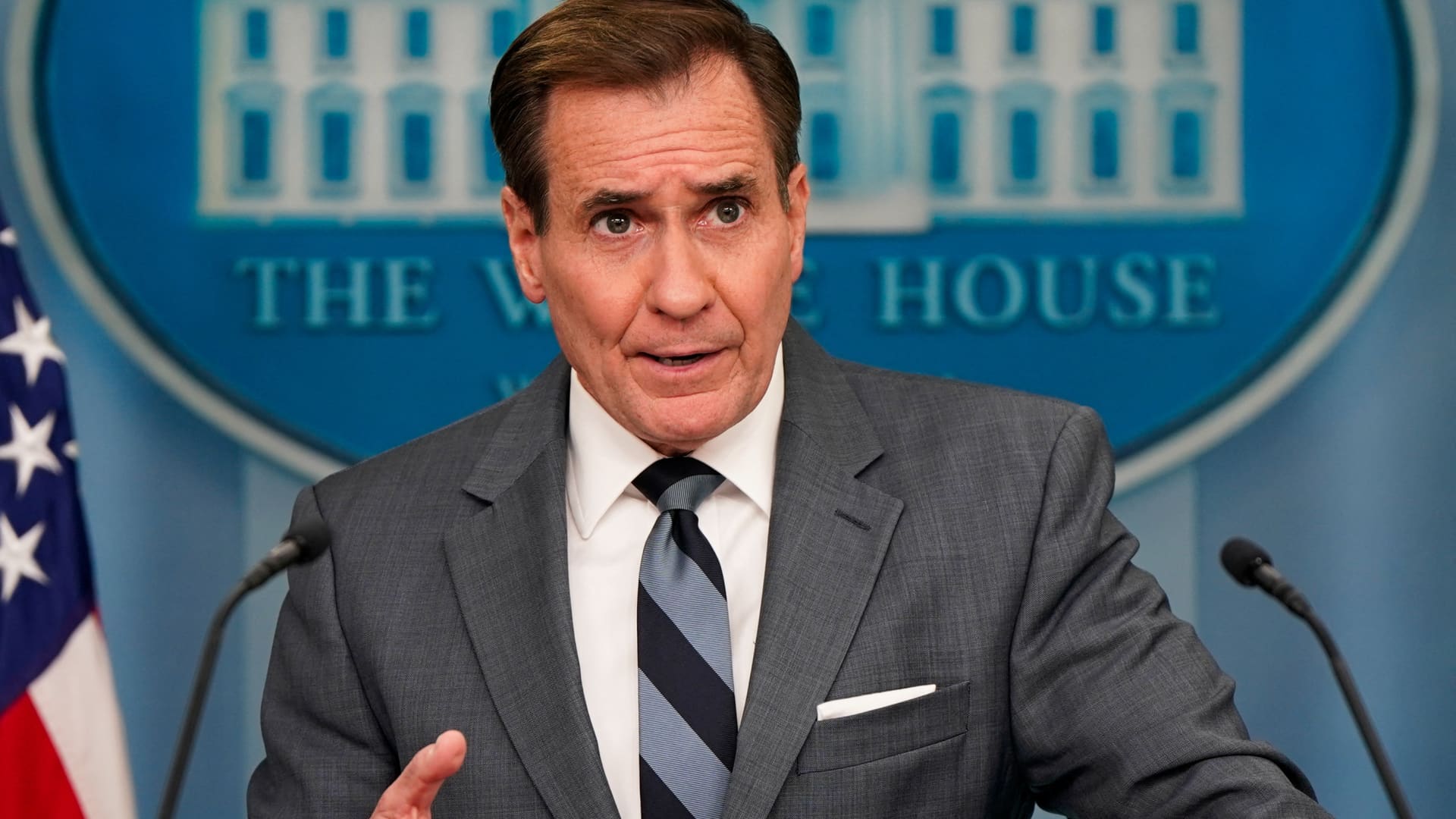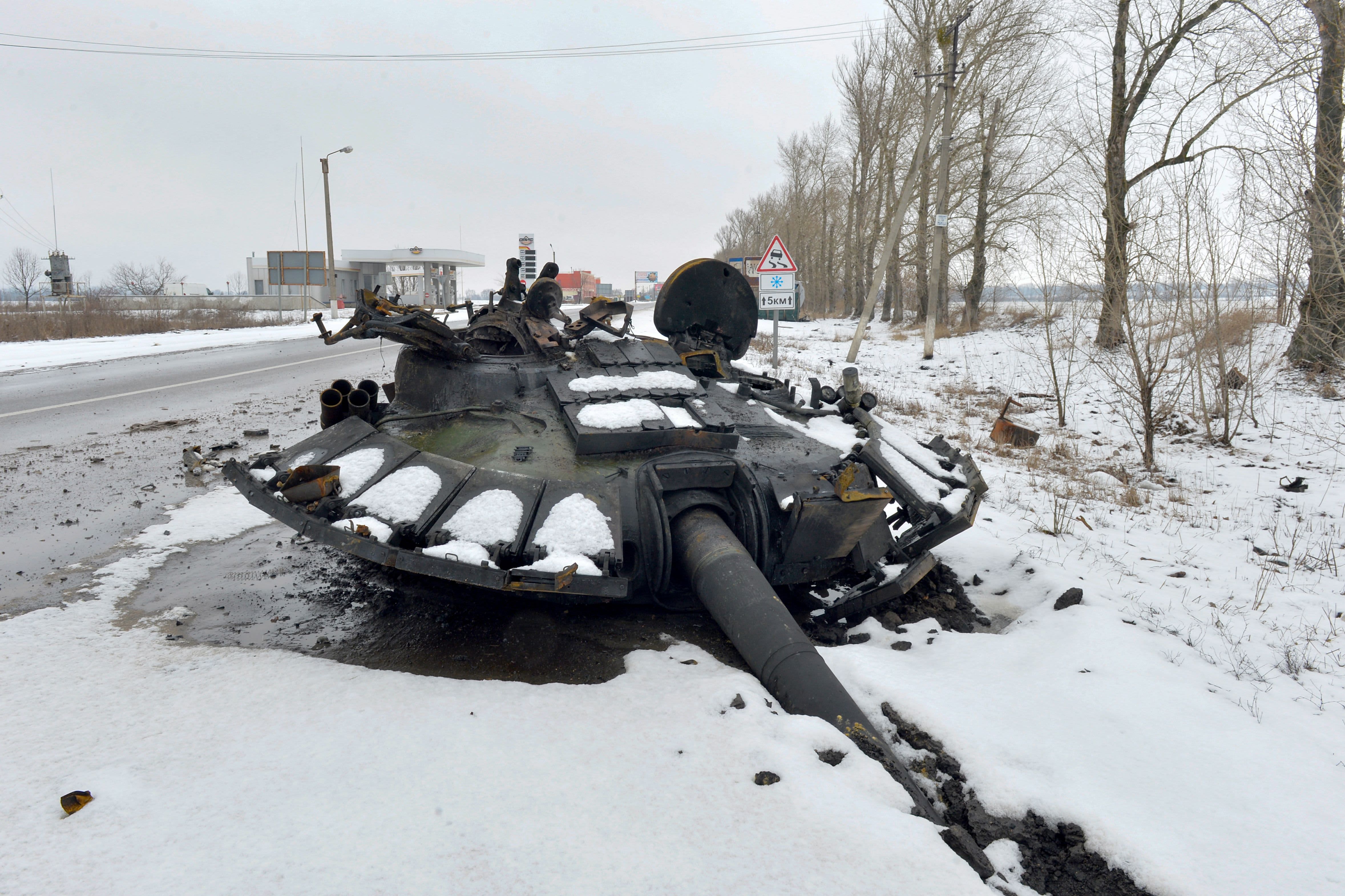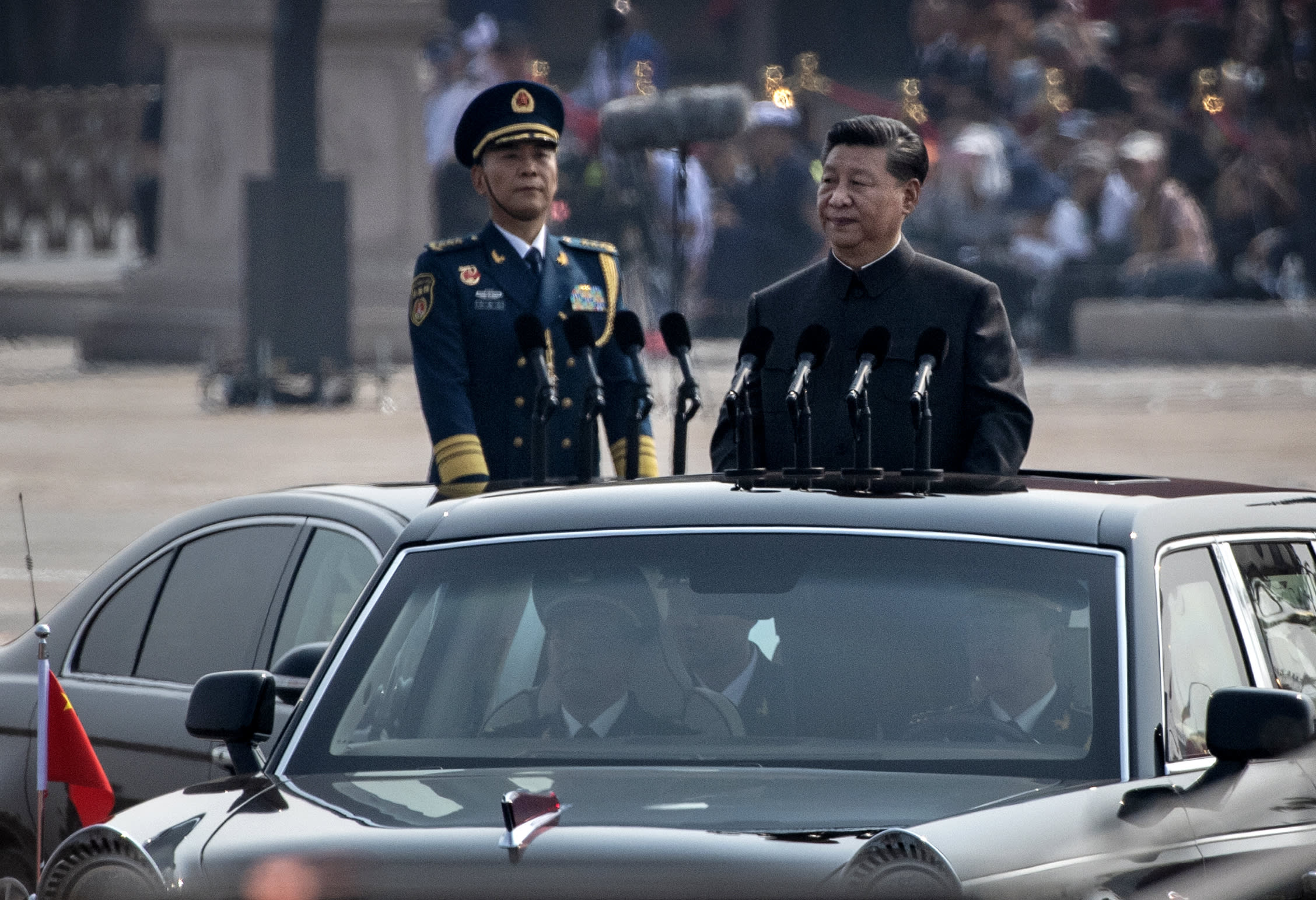White House says Israeli troop reduction does not signal new strategy: 'They're tired'
President Joe Biden toughened his rhetoric toward Israeli Prime Minister Benjamin Netanyahu in a phone call on Thursday.

U.S. national security spokesperson John Kirby speaks during a press briefing at the White House in Washington, U.S., March 25, 2024.
Elizabeth Frantz | Reuters
National Security Spokesman John Kirby on Sunday said that Israel's decision to pull some troops out of Southern Gaza does not appear to indicate a shift in military strategy.
"As we understand it, and through their public announcements, it is really just about rest and refit for these troops that have been on the ground for four months, and not necessarily — that we can tell — indicative of some coming new operation," Kirby said in an interview on ABC's "This Week." "The word we're getting is they're tired, they need to be refitted."
The Israel Defense Forces announced Sunday that it had "concluded its mission" in the Southern Gaza city of Khan Younis and that it would reduce its military troops in that region "in order to recuperate and prepare for future operations."
The move comes six months since the Oct. 7 attack by Hamas. The Biden administration has heated up its rhetoric against Israel's military conduct, sparked by an Israeli air strike that killed seven aid workers with the charity World Central Kitchen.
In a phone call on Thursday, President Joe Biden told Israeli Prime Minister Benjamin Netanyahu that the strikes and the humanitarian circumstances in the war are "unacceptable," according to a White House summary. He also emphasized that the future of U.S. policy would be determined by Israel's "immediate" action on addressing civilian harm and humanitarian suffering.
"We have been increasingly frustrated," Kirby said Sunday.
However, he added in a separate interview, that after the IDF forces leaving Khan Younis have finished its "rest and refit," the White House does not know what the next military step would be.
Some national security experts see this as a possible inflection point in the war, though the direction of that turn remains unclear.
"I think this is a turning point in the campaign in Gaza," Michael Horowitz, head of intelligence at security consultancy Le Beck International, told NBC News.
He said that currently, troops are not going in to replace the departing forces in Khan Younis, possibly signaling a more targeted military approach, which the U.S. has demanded for months. He added that replacing those troops might mean "Israel launches a new offensive, against Rafah, for instance."
"What they'll do with those troops after the rest and refit, I can't speak to," Kirby said on CBS' "Face the Nation" on Sunday. "All I can do is say what I said before: We don't support a major ground operation in Rafah. That has not changed."

 Aliver
Aliver 





























.jpg&h=630&w=1200&q=100&v=6e07dc5773&c=1)

